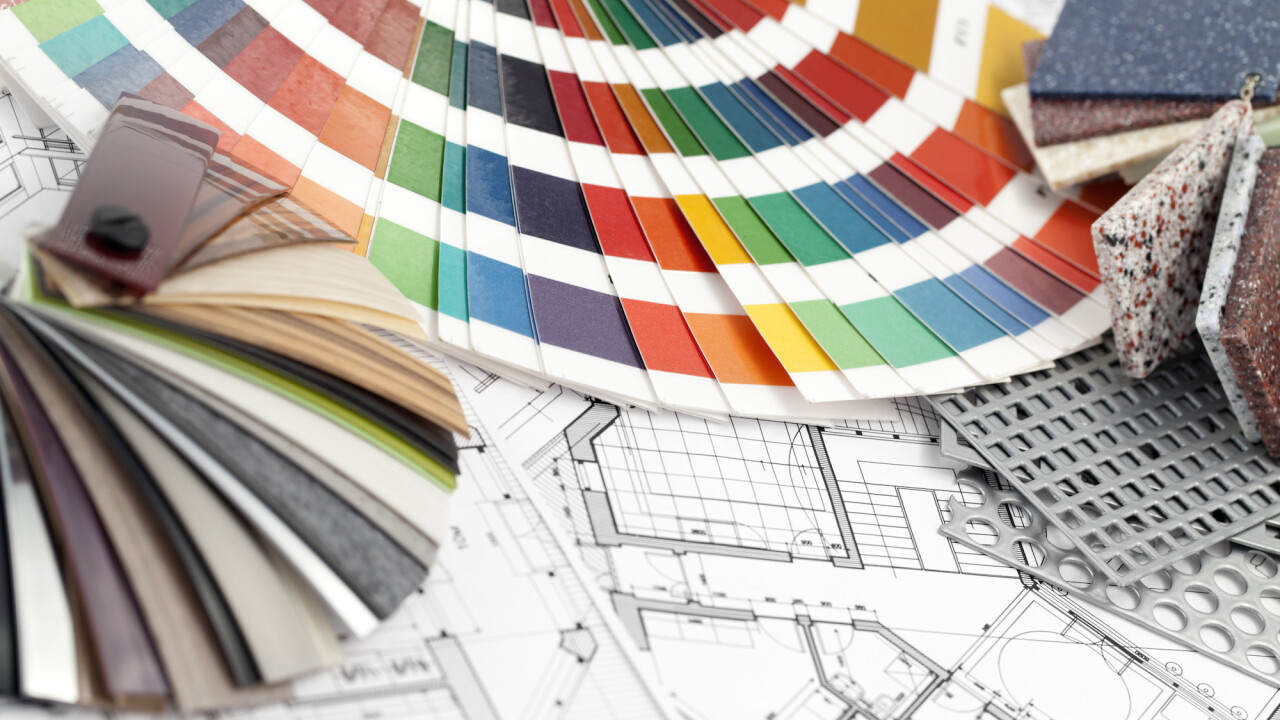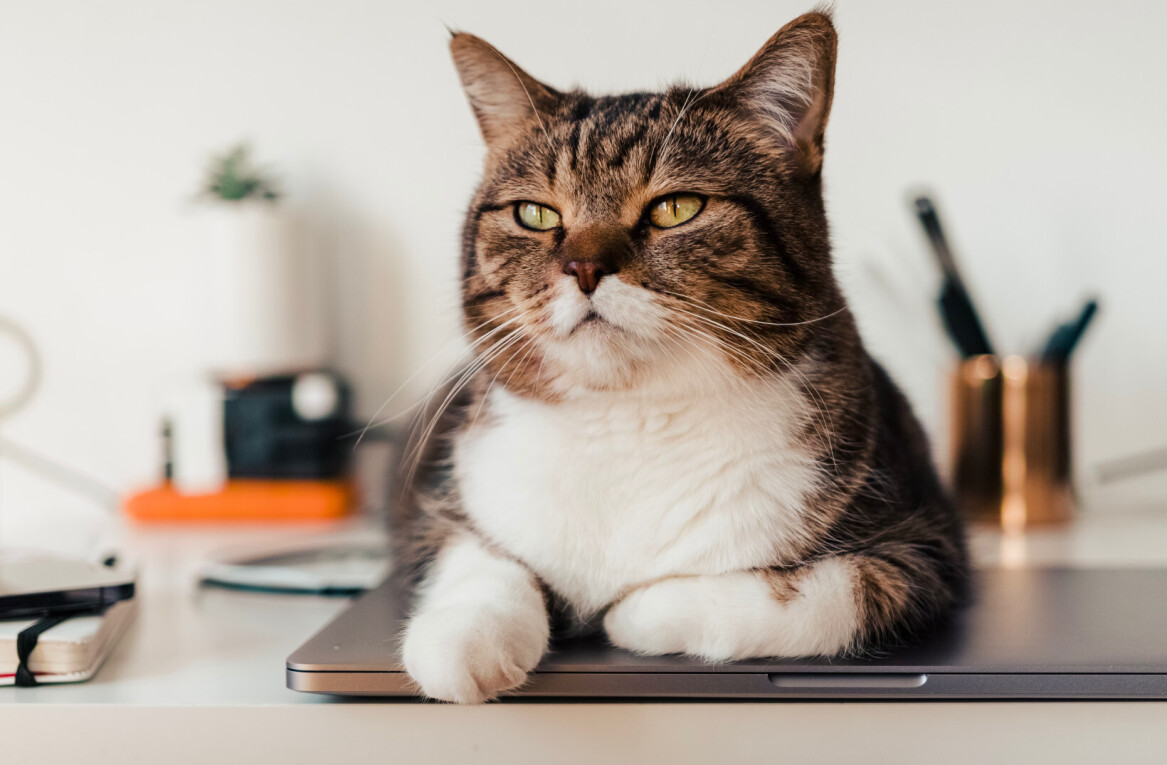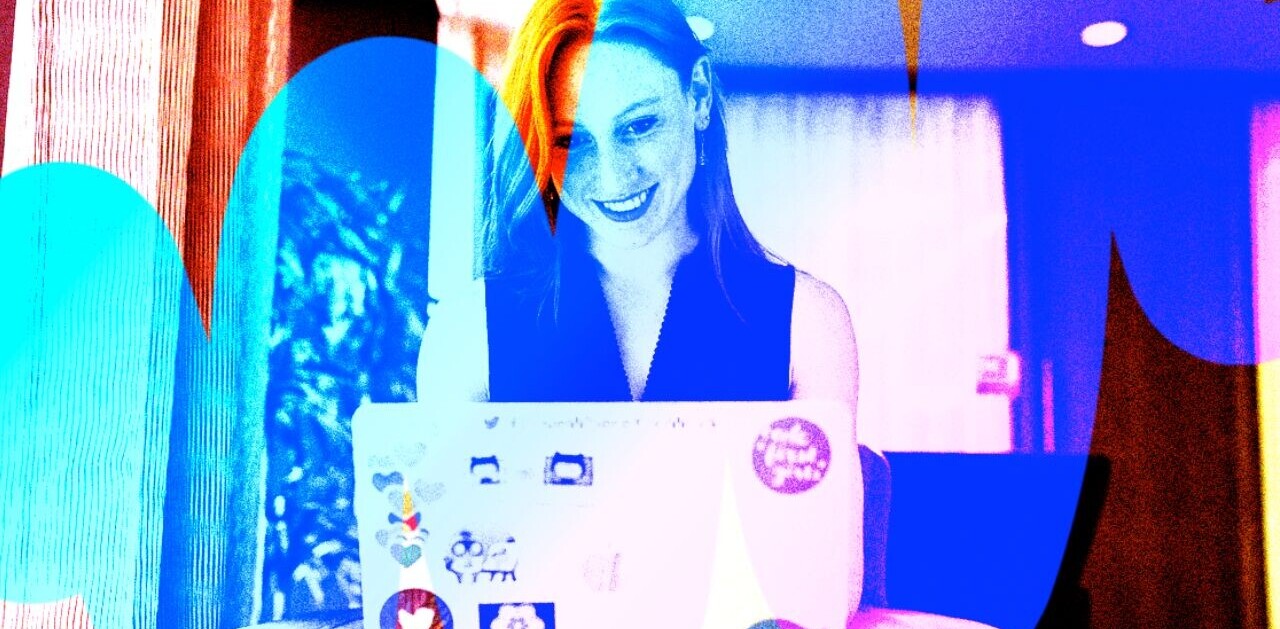
In a data-driven world, taste is one of the few qualities that manages to elude commodification. It’s also one of the most crucial assets that designers, product managers, developers, entrepreneurs, artists, and creators of all sorts will rely on in their work.
Designer Barry Smith writes, “Your talent will never exceed your taste.” For anyone born without the natural inclination to taste, the challenge is in developing it.
Diversity often helps refine taste. We would expect food critics to have finely-tuned palettes that have experienced firsthand many different foods around the world. Unfortunately, this doesn’t translate as well into our minds and tastes; filter bubbles and our own deep-rooted habitual nature have made it easier to repeatedly consume and digest the same things.
Apple and Pixar founder Steve Jobs, arguably one of the humans with better design taste in the past century, once said in an interview with Wired:
Creativity is just connecting things. When you ask creative people how they did something, they feel a little guilty because they didn’t really do it, they just saw something. It seemed obvious to them after a while. That’s because they were able to connect experiences they’ve had and synthesize new things. And the reason they were able to do that was that they’ve had more experiences or they have thought more about their experiences than other people.
Unfortunately, that’s too rare a commodity. A lot of people in our industry haven’t had very diverse experiences. So they don’t have enough dots to connect, and they end up with very linear solutions without a broad perspective on the problem. The broader one’s understanding of the human experience, the better design we will have.
Jobs thinks widely, in terms of the entire human experience. I’d be foolish to try to cover all of that in one piece; rather, I’d prefer to explore certain realms that help refine mental taste. Much like how food critics place emphasis on criteria like texture and flavor, there are certain types of media you can consume to develop your taste:
You are what you read
Telepathy, of course. It’s amusing when you stop to think about it—for years people have argued about whether or not such a thing exists, folks like J. B. Rhine have busted their brains trying to create a valid testing process to isolate it, and all the time its been right there, lying out in the open like Mr. Poe’s Purloined Letter.
– Stephen King, On Writing
It’s difficult to ignore writing and reading. Words are one of the fundamentals ingredients of the Web. Reading is particularly important for second-hand learning; it is the closest we will come to transporting from our present moment into the past, or into a potential future.
This type of experience helps us to connect unusual dots together, which makes us more creative (and – dare I insert a buzzword – innovative).
Treat reading like listening to a speech or conversation; both of these activities are about acquiring information. Getting exposure to these different types of experiences and thoughts are crucial to refining taste.
Reading also has a drastic effect on the lens which we look at the world through. As marketer and author Charlie Hoehn wrote, “When I made the commitment to cut the news out of my life completely, my anxiety plummeted in less than two weeks.”
Reading helps us refine our cognitive taste. We don’t always have enough time to filter and think appropriately – so much so that author Alain de Botton sums it up well:
Cooks: make the food others too busy to prepare. Writers: articulate the thoughts others too preoccupied to formulate.
Product management taste
I remember when Steve was my neighbor in Woodside, Calif., and he had no furniture. It struck me that there wasn’t furniture good enough for Steve in the world. He’d rather have nothing if he couldn’t have perfection….The difference between me and Steve is that I’m willing to live with the best the world can provide. With Steve that’s not always good enough.
– Larry Ellison, Co-Founder & CEO of Oracle via Quora
Good taste doesn’t always result in the most happy outcome; in fact, good taste is in the pursuit of perfection, which is an eternally elusive goal. The best product managers understand, and are able to balance perfection with, Jobs’ well-known adage: “Real artists ship.”
In order to develop your taste in product, Y-Combinator founder Paul Graham writes:
As in any job, as you continue to design things, you’ll get better at it. Your tastes will change. And, like anyone who gets better at their job, you’ll know you’re getting better. If so, your old tastes were not merely different, but worse. Poof goes the axiom that taste can’t be wrong.
Whether it’s through external validation or internal intuition, simply gaining more experience in product – either through work or through conversations, or side projects – will help refine your taste.
For those of you who want to accelerate the development of your taste, Facebook Product Design Director Julie Zhuo writes:
- Be critical of the right things in the right order of priority: don’t critique visuals or polish, unless no comment can be made of function and flow.
- Be critical of your own work: “If anything, designers should be even more critical of their own work than others’, given that they’re far more familiar with it.”
- Give criticism with a healthy heaping of suggestions for improvement: you’re not helping if you don’t offer alternatives or suggestions for improvement.
- Keep the bar high: figure out ways to improve even the most successful apps, and don’t be afraid to put more wood behind fewer arrows.
Exposure to new apps, in addition to possible feature sets and flows, as well as expert feedback to validate these ideas, will help you refine your taste.
People and education
Taste is acquired through contact with others. You make it your own through continual exercise. You are lucky if you can associate with someone with perfectly developed taste. But don’t profess to be satisfied with nothing; it is a foolish extreme, more odious if from affectation than if from character. Some wish God had created another world and other perfections just to satisfy their own extravagant imagination.
– Baltasar Gracián, Writer and Philosopher

As entrepreneur and author Jim Rohn wrote, “You are the average of the five people you spend the most time with.”
Developing your taste with other people requires an attitude-shift: you are an enthusiastic student, and others are your teachers.
Basecamp partner David Heinemeier Hansson writes about developing taste, “It requires determination and dedication to develop an eye, to develop your taste, but it’s absolutely possible. Some may be predisposed, but anyone willing to be a student can get there.”
Similarly, award-winning musician, designer, and artist Pharrell Williams says to Kanye West in a Design Miami interview: “To be honest, just hanging around the right people and being unafraid to learn and not feeling like I know it all. That’s been one of the greatest lessons ever.”
Jobs attributed one of his most important learning lessons to a more formal type of education: “I learned about serif and san serif typefaces, about varying the amount of space between different letter combinations, about what makes great typography great. It was beautiful, historical, artistically subtle in a way that science can’t capture, and I found it fascinating.”
The first step is to start looking for who these teachers are. Although you may be able to learn something from everyone, not everyone is qualified to be a teacher at your specific craft.
If you don’t know who they are, start with the industry’s most recognized companies and the designers or product managers leading it. I usually keep tabs on trade publications; if their interview subjects interest me, I dig deeper. You could also start with Top 10 lists or industry award winners.
If you don’t get a shot at meeting them, you can access their thoughts by reading their blog posts and interviews, or following them on social media. Start trying to understand their values; determine what they look for in product, in design, or in a startup, and understand the gap between your current taste and your expert’s values.
We can equate knowledge with food. The teacher can serve any kind of food. The quality of the food may be good or bad depending on the teacher’s ability. But what we eat depends on our taste. And what we finally imbibe depends on our digestive capacity. So what we learn is as much dependent on what the teacher serves and on ourselves.
– Dr. Devdutt Pattanaik, The ability to digest
Closing thoughts
Taste is an extremely valuable quality to cultivate. In fact, taste is essential to excellence in any field. The ability to understand what you should aspire to, and what you deprioritize, will bring a new form of clarity that helps you focus.
Remember, you are what you eat – read a wide variety of books, critique and digest products, and understand there’s always to learn from experts in your field.
Get the TNW newsletter
Get the most important tech news in your inbox each week.







